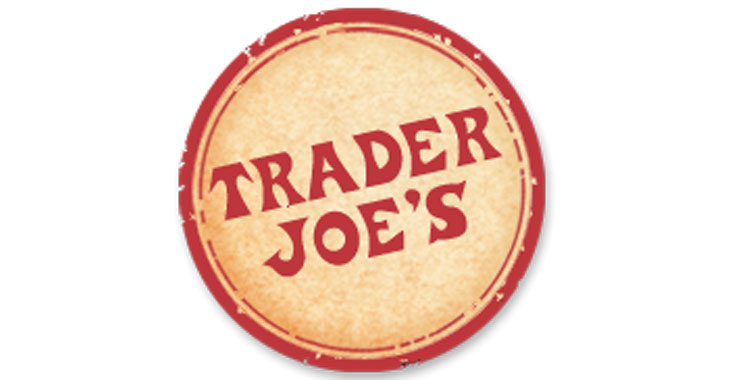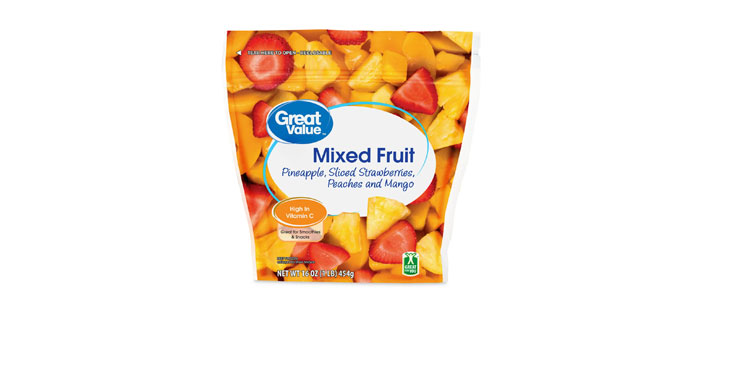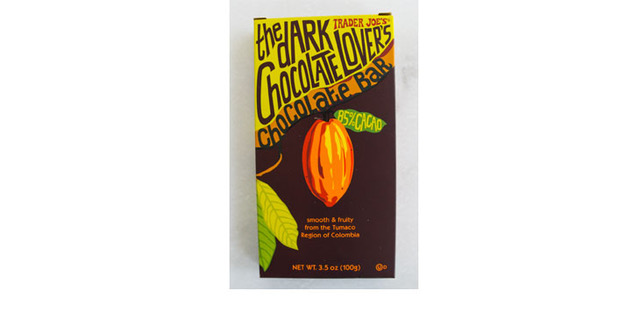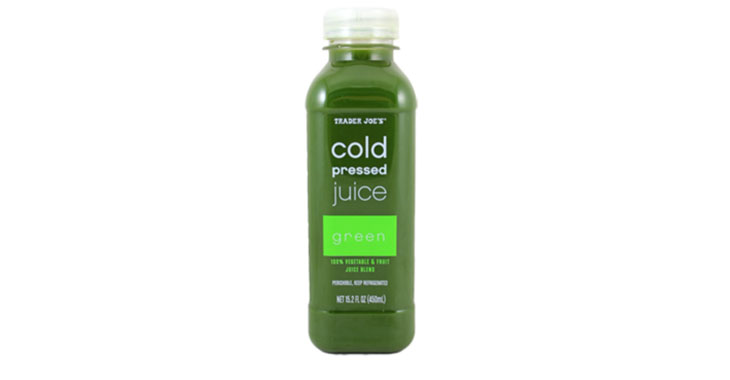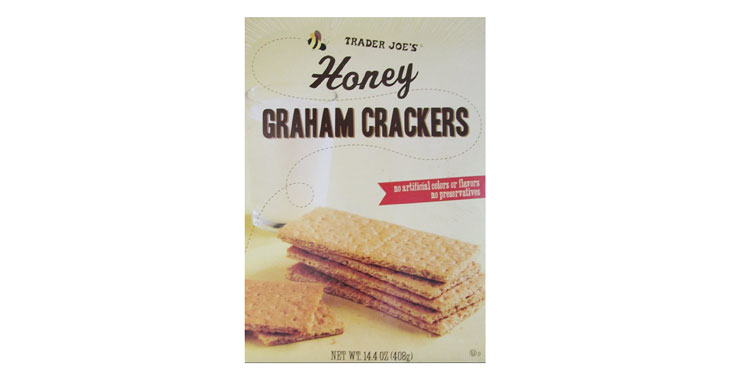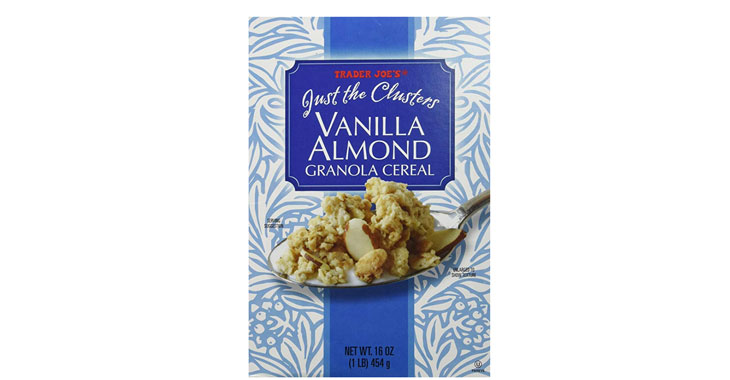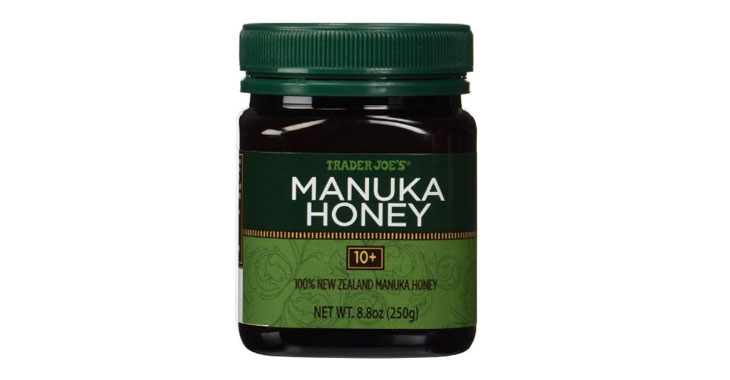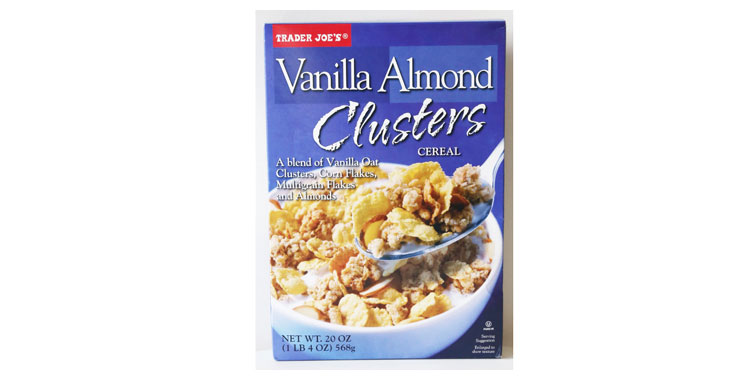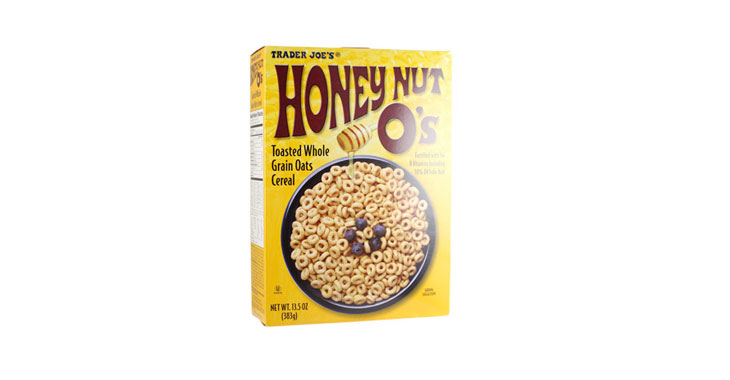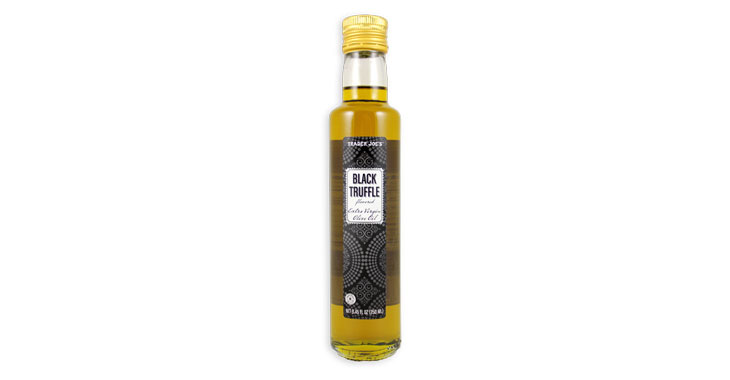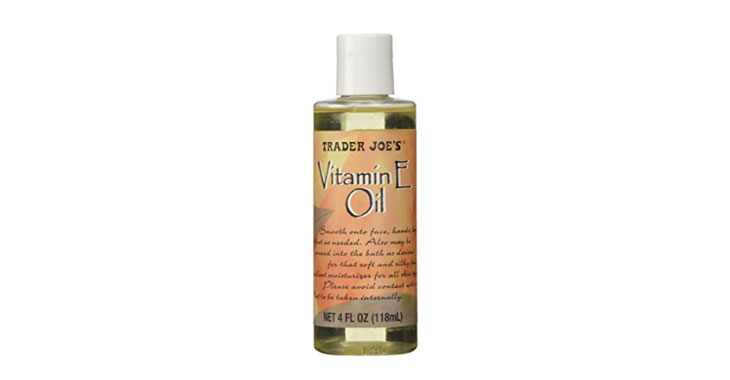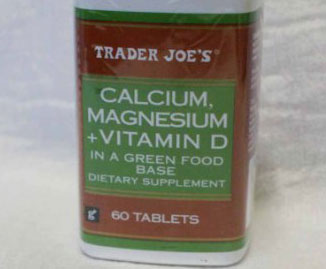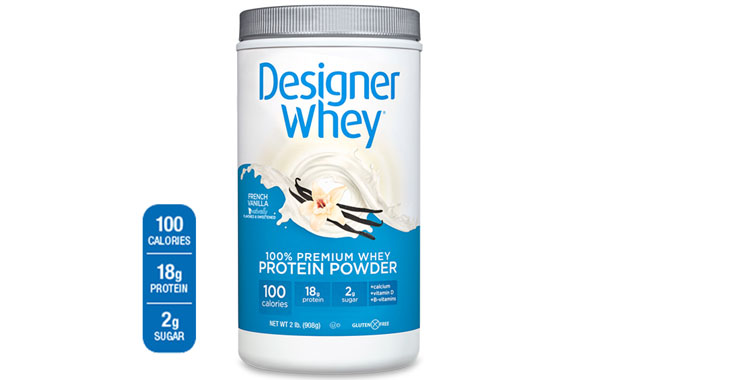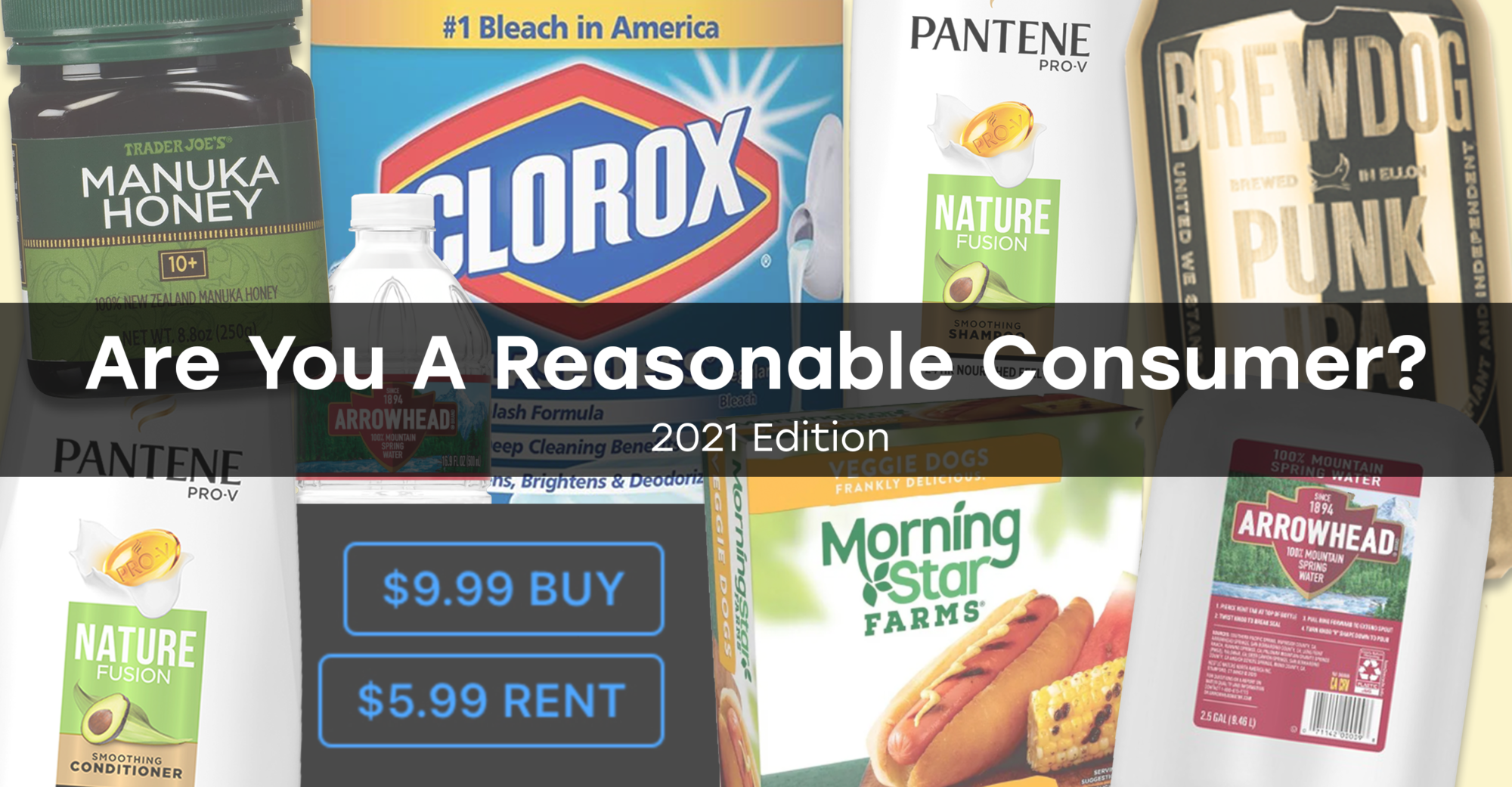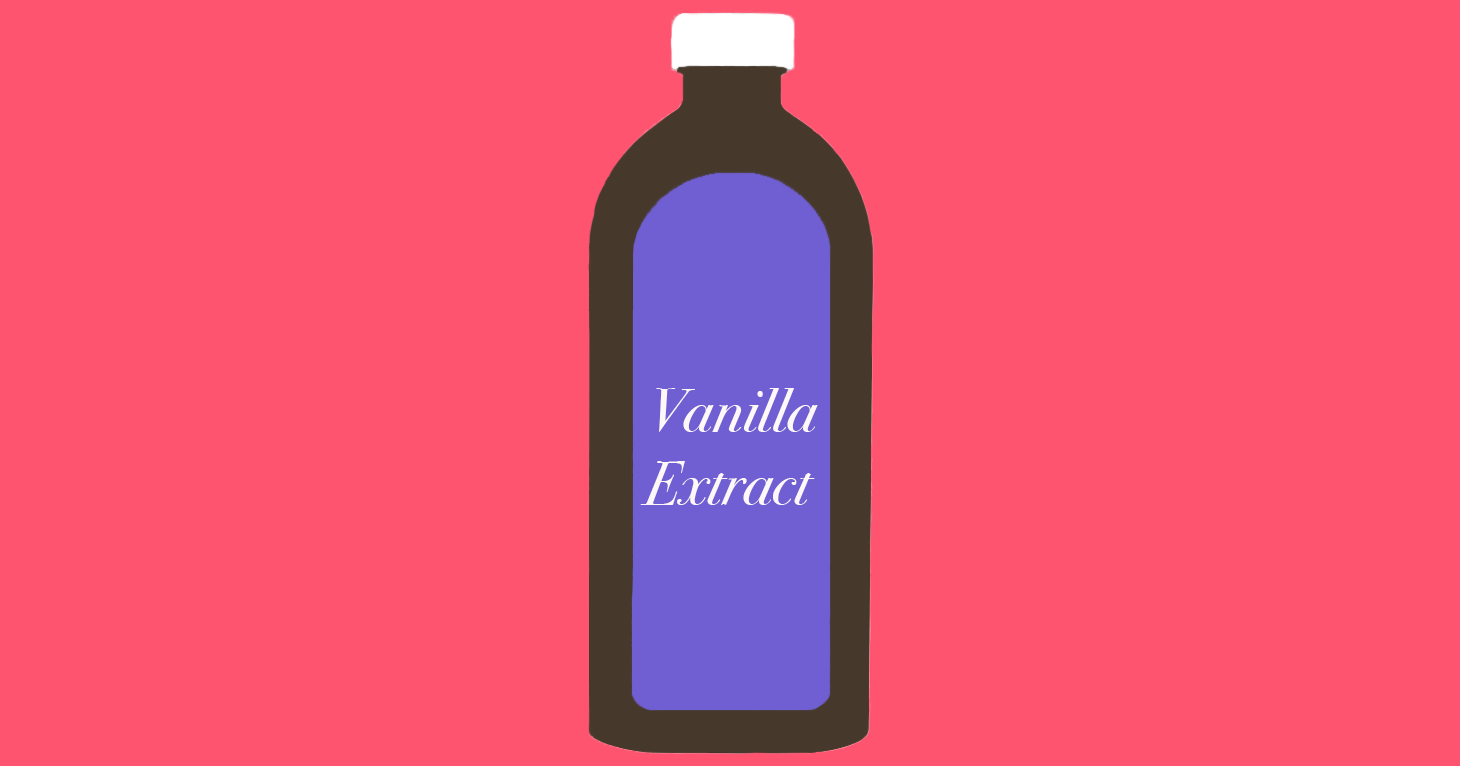
Several Brands of Frozen Waffles and Pancakes
Allegations: Failing to disclose that products are contaminated with the bacterium listeria monocytogenes
October 2020: The Court granted final approval of the settlement agreement.
January 2020: The Court granted preliminary approval of the settlement agreement. A final fairness hearing is scheduled for September 14, 2020.
July 2019: Plaintiffs filed a renewed motion for preliminary approval of the proposed settlement agreement after a June 2019 decision from the Ninth Circuit Court of Appeals in a related case, In Re Hyundai and Kia Fuel Economy Litigation, concluded that the choice of law analysis is not required when the laws of one state are being applied nationwide for settlement purposes.
April 2019: The Court denied preliminary approval of the proposed settlement agreement finding that the predominance requirement for class certification was not met and the plaintiffs did not conduct a required choice of law analysis.
September 2018: Plaintiffs moved for preliminary approval of a proposed settlement agreement in which class members who submit a valid claim may receive a $29 cash payment.
October 2017: The Court dismissed the New York claims but allowed the California claims to move forward. To read the full decision and learn more about all of the dismissed and continuing claims, click here.
June 2017: The Court granted Trader Joe’s Motion to Dismiss because the plaintiffs’ state law claims were based on FDA regulations and the Federal Food, Drug, and Cosmetic Act prohibits plaintiffs from bringing such claims. The judge gave plaintiffs 30 days to amend the complaint.
Later in June, plaintiffs filed an amended complaint making similar allegations.
November 2016: These two lawsuits along with two others against Trader Joe’s were consolidated to be heard together. (In Re Trader Joe’s Tuna Litigation, Case No. 16-cv-1371, C. D. Cal.)
January – February 2016: Two class-action lawsuits were filed against Trader Joe’s for allegedly underfilling five-ounce cans of tuna, in violation of federal standards. (The complaints allege that the average weight of the tuna is less than 3 ounces.) To read the complaints, click on the case information below.
For more information about the marketing of tuna and TINA.org’s coverage of the products, click here.
Allegations: Failing to disclose that products are contaminated with the bacterium listeria monocytogenes
Allegations: Falsely marketing that products contain “100% Juice”
Allegations: Products contain less probiotics than advertised
Allegations: Falsely marketing products as gluten free
Allegations: Failing to disclose that products contain a bacterium that could lead to serious adverse health consequences
Allegations: Failing to disclose that products contain dangerous amounts of heavy metals
Allegations: Misleadingly advertising juices as “cold pressed” when they undergo high pressure processing after being extracted from fruits and vegetables
Allegations: Misleadingly marketing ingredients in graham crackers
Allegations: Misleadingly marketing the filling as made with strawberry when it contains other fruits
Allegations: Misleadingly marketing that vanilla is the main flavoring ingredient when the flavor comes from artificial flavors
Allegations: Falsely marketing products as being 100% Manuka honey
Allegations: Falsely marketing that the flavor comes from vanilla and “other natural flavors” when the flavoring actually comes from artificial ingredients
Consumer Reports study sparks class-action lawsuits.
See how you stack up.
TINA.org is currently tracking 70 class actions challenging claims that a variety of foods and beverages are truly vanilla.
Courts weigh in on legal term.
What’s in your water? Does it matter?

